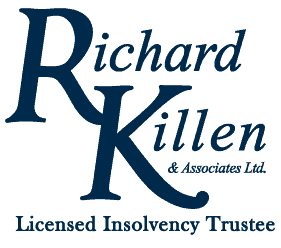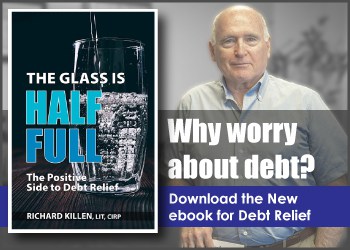Graduating Into Debt
Posted on: June 16, 2014Posted in Consolidation Loans, Debt, Debt Counseling | Comments Off on Graduating Into Debt
 Getting a student loan can be double-edged sword. Many kids can’t afford a higher education without one. But the downside is that a lot of students either they doctors, engineers or business students are graduating with huge debts that they many find hard and in some cases impossible to pay off.
Getting a student loan can be double-edged sword. Many kids can’t afford a higher education without one. But the downside is that a lot of students either they doctors, engineers or business students are graduating with huge debts that they many find hard and in some cases impossible to pay off.
The problem of student debt in Canada is on the rise. According to a September 2013 Globe and Mail article, accumulated student debt is now more than $15 billion nationally, and perhaps as high as $23 billion, if you take into account credit card debt, lines of credit and provincial loan programs.
The problem is worsening as government levels of funding for post-secondary education decrease and students are left with bearing more of the cost. The Globe article points out that the government share of funding has declined from 84 to 58 per cent, at the same time as tuition fees have jumped 12 to 15 per cent.
What if I simply can’t repay my student loans when the time comes?
Well, let’s hope this doesn’t happen, but if you have no other options bankruptcy may be necessary. The question then arises: “If I have a student loan, will bankruptcy take care of it for me?”
The answer is technical. When a person goes bankrupt, they are applying to the courts to simply “get rid” of their debts. It’s called getting discharged from the bankruptcy and therefore the debts. Whether your discharge would eliminate your student loans along with any other debts you had when you filed depends on time. When did you officially end your career as a full- or part-time student.
If you left school seven or more years before you filed your bankruptcy, then your student loans should be discharged. If you left school less then seven years before filing, they won’t be.
The definition of exactly when you “left school” has been the subject of at least three court cases with different results. The general and safest definition of when you left school is the last day of the month in which your class graduated. When you last physically attended classes doesn’t really matter. Finishing early or dropping out doesn’t change this date. At Richard Killen & Associates, we advise you to be as sure as you can about your school leaving date. You can usually get the correct info from the government by calling 1-888-815-4514, but some people may have to go back to their learning institution to find out.
How would all this apply to a consumer proposal?
Pretty much the same way, except you don’t actually get discharged from your debts when you do a consumer proposal. When you successfully complete your payments in a consumer proposal, you receive what’s called a Certificate of Full Performance to prove to the world that you succeeded in paying off your creditors. Since a consumer proposal captures all your unsecured creditors (and a student loan is an unsecured debt), the successful completion of the consumer proposal payments should get rid of the student loans, too, right? Yes, but only if you had been out of school seven years on the date you filed the proposal.
So what if I am in debt trouble but I haven’t yet been out of school for seven years?
Well, you still have the same legal option under the Bankruptcy and Insolvency Act: a bankruptcy or a proposal/consumer proposal. The difference is that when you get to the end of either one, your discharge or full-performance will not include the student loans. You will still need to pay them back.
But what if I’m still unable to pay the student loans?
If you were under the magic number seven when you filed, but still cannot handle the student loans after your discharge, there is another relief option. You have to wait until you have been out of school five years. Then you can apply to the bankruptcy court for an order to have your student loans covered by your bankruptcy discharge (or certificate of full-performance from the consumer proposal). You would need to hire a lawyer to get this done and it cannot be done before your bankruptcy or consumer proposal are successfully completed.
Pretty convoluted, eh? That’s why we simply say call us. At Richard Killen & Associates we can make it make sense to you in a way that will empower you to make the right decisions.
We also want to add that you can look for some student debt relief by going to the National Student Loans Service website and finding out about the Repayment Assistance Plan. Available on both Canada and Ontario portions of student loans, RAP offers both interest relief and debt reduction, which could include lowering monthly payments and extending you loan repayment period for up to 15 years.










